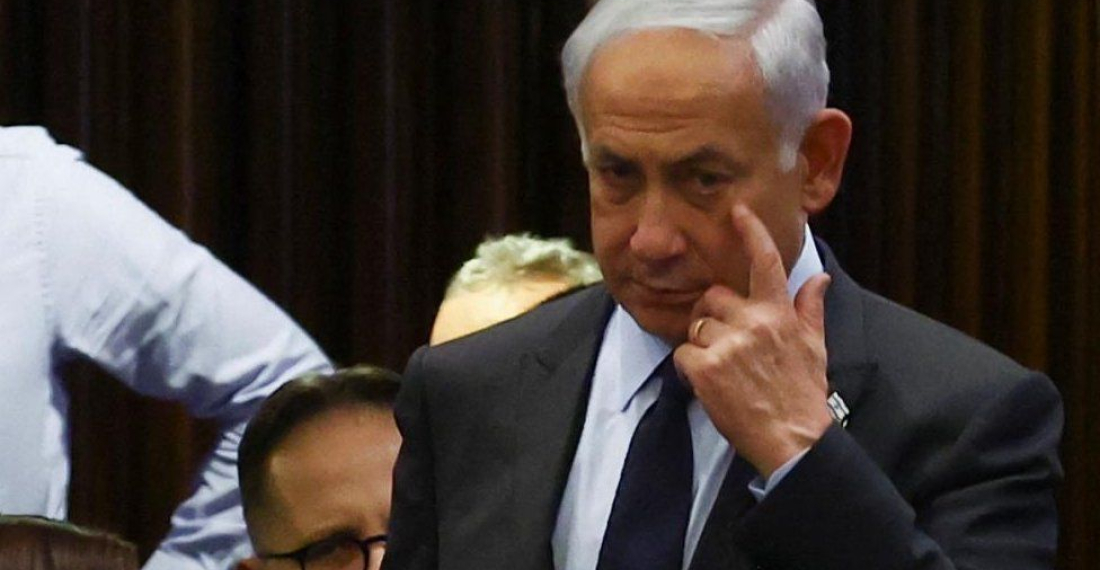The Israeli Prime Minister Benyamin Netanyahu announced on Monday night (27 March) that he would delay a key part of controversial plans to overhaul the justice system, saying that he would pause the legislation to prevent a "rupture among our people".
The announcement came after mass protests across Israel on the night of 26-27 March when Prime Minister Netanyahu fired his defence minister after he spoke out against controversial judicial reform plans.
On Monday, the country's largest trade union called a strike in protest at the proposed judicial reforms. Tel Aviv's Ben Gurion airport temporarily closed for departures, while shops, banks, hospitals, and even McDonald's restaurants closed down in what the opposition leader Yair Lapid called the "biggest crisis in the history of the country".
It is unclear what the pause in passing the legislation will bring other than buying time, however, as demonstrators are calling for the bill to be scrapped entirely, and not paused.
What are the judicial reform plans?
The judicial reform plans announced on 4 January would give parliament the authority to override Supreme Court decisions with a basic majority. The plans would also make it very difficult for the courts to declare a prime minister unfit for office and remove them for the courts.
According to those who have taken to the streets, the planned judicial reforms are a plan of Netanyahu to protect himself against a possible court judgement having been on trial for bribery, fraud and breach of trust in three cases since the witnesses testimony began on 5 April 2021.
Netanyahu denies any wrongdoing and argues he is the victim of a "witch hunt".
What happened on Sunday night?
In Jerusalem, police and soldiers used water cannon against demonstrators near Netanyahu's house. After this, the demonstrators then evaded police forces to arrive at Israel's parliament, the Knesset.
In Tel Aviv, flag-waving protesters blocked one of the main highways for more than two hours and lit large bonfires, before they were cleared by mounted police and water cannon.






